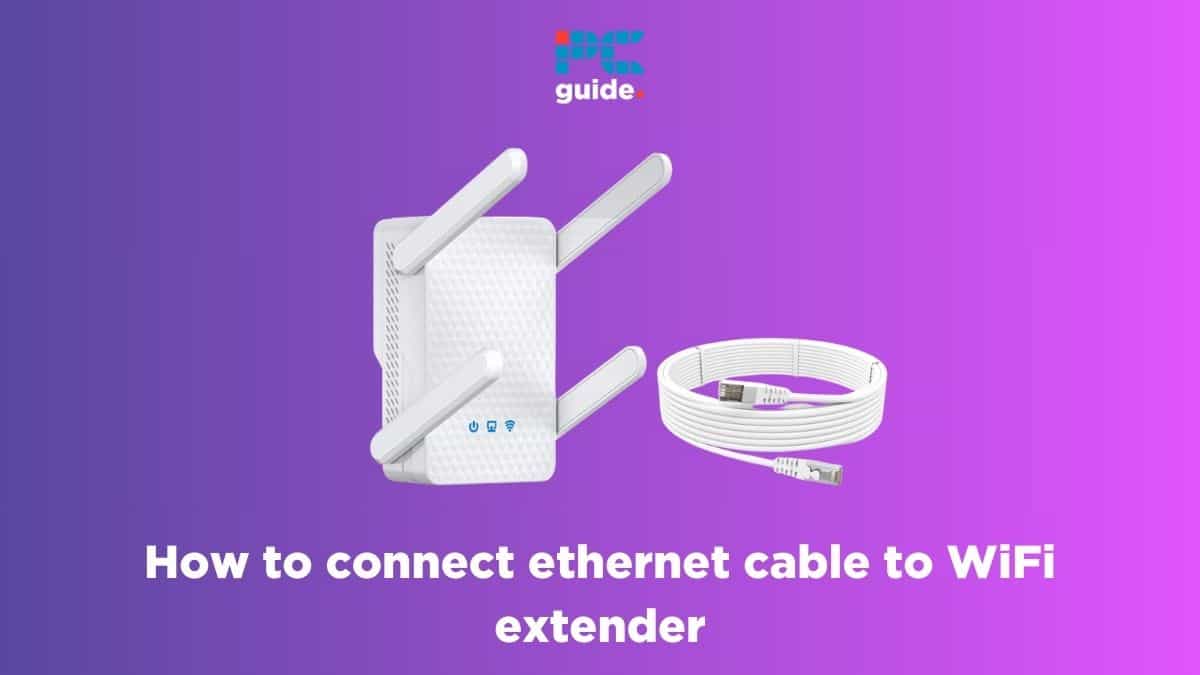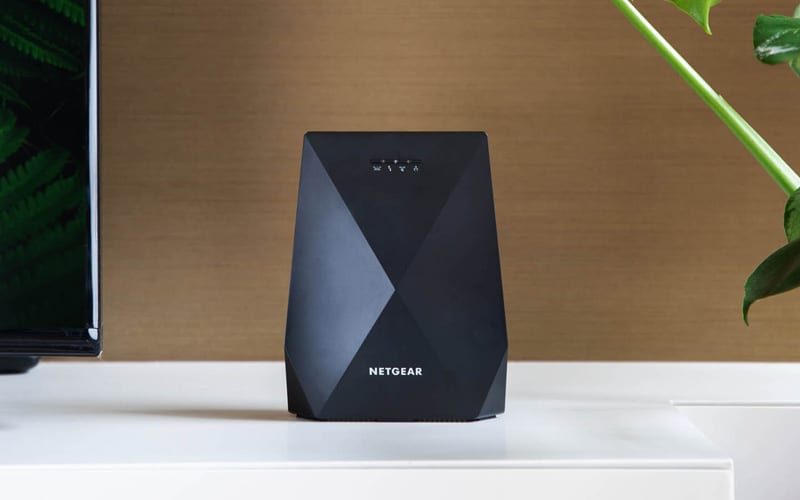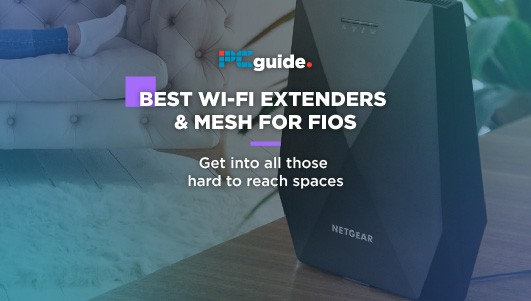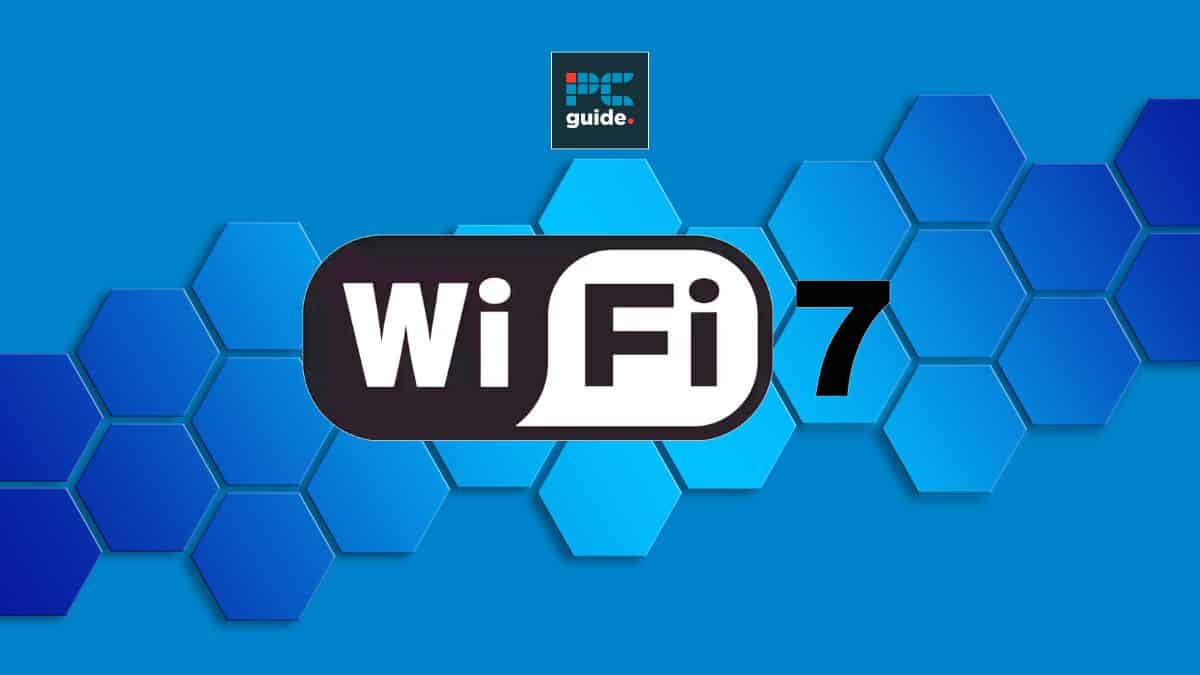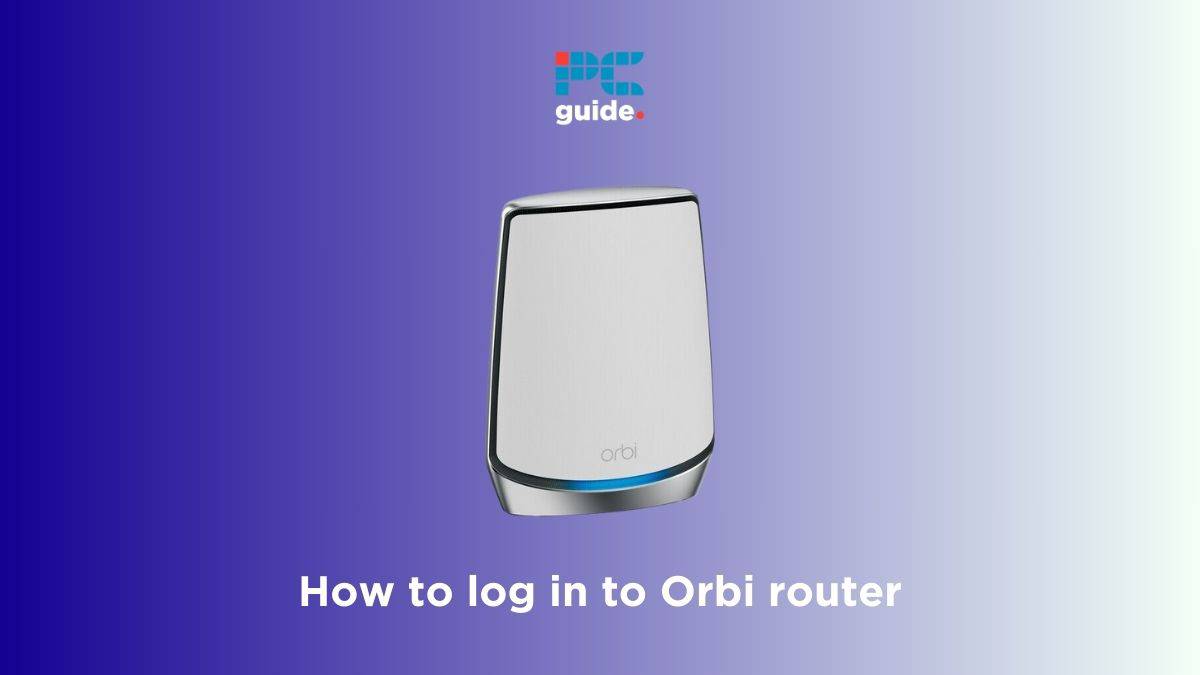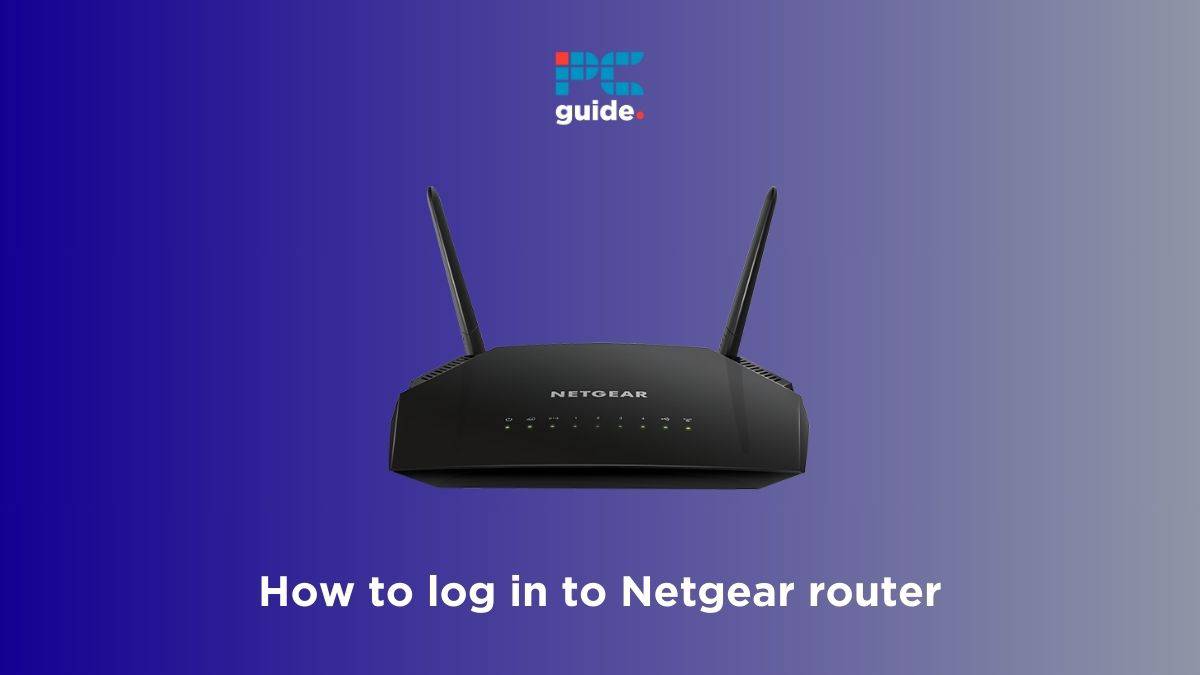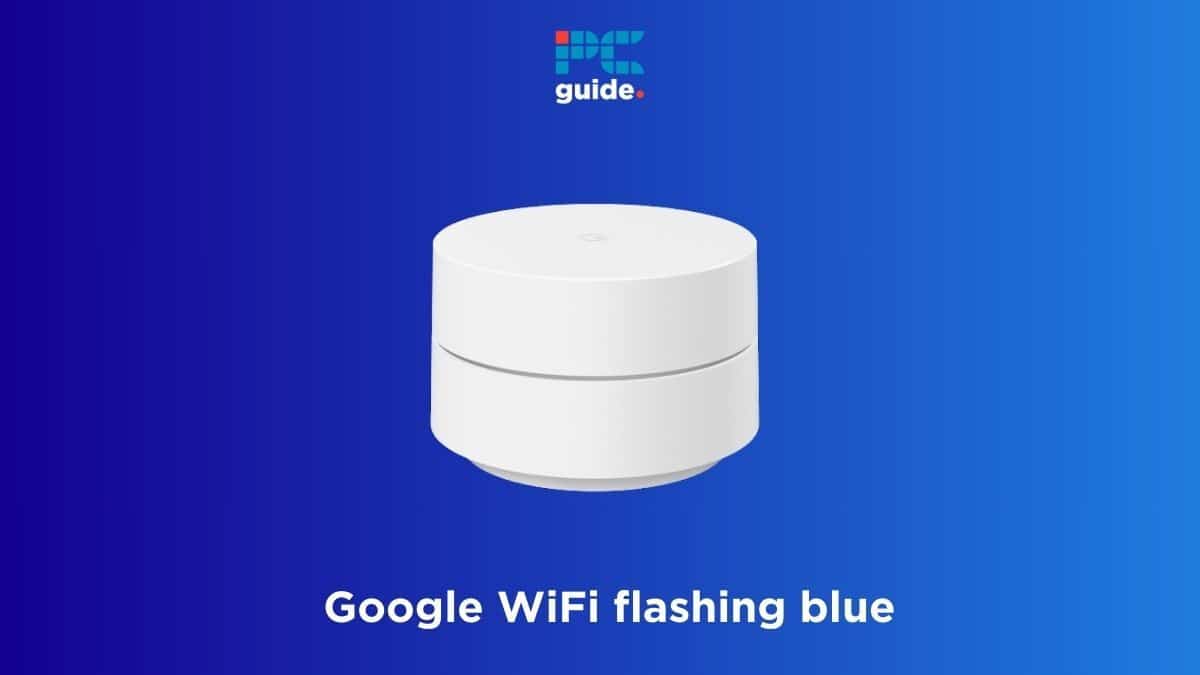If you want to learn how to connect an ethernet cable to a WiFi extender, then we have you covered right here.
Now, having a high-speed internet connection is not enough – you need to take advantage of that speed with the right equipment. Often, you will find that a WiFi router may not deliver sufficient coverage or stable speeds, which might keep you from getting that fast internet.
Thankfully, there are quite a few tricks that you can do to counter this – one of them is connecting an ethernet cable to a WiFi extender. Generally, ethernet cables give you a more reliable and stable connection and WiFi extenders help you extend coverage.
In any case, we have compiled a guide here that explains how WiFi extenders and ethernet cables work together and how you can connect them.
WiFi extender – what is it, and how does it work?
Much like the name suggests, a WiFi extender (also known as a WiFi adapter) is a device that can amplify and rebroadcast your WiFi signal. In simple terms, a WiFi extender captures signals from your router and sends them to areas where the coverage is weak. Think of this as a” middleman” that helps to widen coverage.
While Wi-Fi extenders primarily enhance wireless connectivity, many models, such as those from TP-Link, also feature Ethernet ports. These ports allow you to establish a hard-wired connection between your devices and the extender, offering a more stable and often faster connection than Wi-Fi alone. This means you can plug an Ethernet cable into a Wi-Fi extender, connecting your device directly to your internet service provider (ISP) for optimal download speeds.
Many Wi-Fi extenders also come equipped with Gigabit Ethernet ports, providing high-speed, wired internet connectivity. These output ports can be used to connect devices that require a stable internet connection, such as gaming consoles or desktop computers.
Furthermore, Wi-Fi extenders often include a LAN (Local Area Network) port for connecting to local devices and a WPS (Wi-Fi Protected Setup) button for easy, secure setup of your extended network. A Wi-Fi extender is a versatile tool that can significantly improve and expand your home or office internet connectivity, whether you’re using a wireless or a hard-wired Ethernet connection.
Are there any alternatives to the ethernet cable?
Yes, there are quite a few alternatives to ethernet cable, one of them being MoCA. Some Wi-Fi extenders also incorporate MoCA (Multimedia over Coax Alliance) technology, which uses your home’s existing coaxial cables to transmit data. This can provide a more reliable connection than Wi-Fi in certain situations.
Powerline adapters are another type of Wi-Fi extender that uses your home’s electrical wiring to transmit data. Simply plug the powerline adapter into a power outlet, and it will use the electrical wiring to extend your Wi-Fi signal.
If WiFi coverage is your main concern, then you can also check out WiFi mesh networks.
How to plug an ethernet cable into a WiFi extender
Here’s a quick step-by-step guide on how you can plug an ethernet cable into a WiFi extender –
Step
Find the ethernet port on the extender
To start with, you need to find the ethernet port on the WiFi extender. Now, a lot of WiFi extenders feature this port, but a few of them don’t – so run a quick check and confirm.
This is what an Ethernet port looks like for reference –
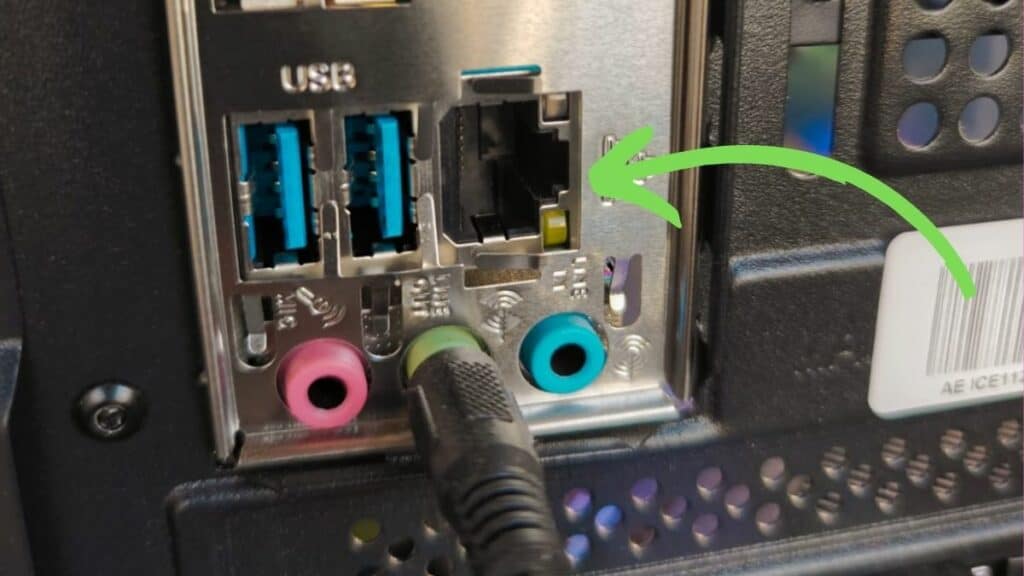
Step
Plug the cable into the port
Once you locate the port on your extender, it’s time to connect an ethernet cable. One end of the cable goes into the WiFi extender, and the other end should be plugged into your device, like a PC, console, or laptop.
Here’s what an Ethernet cable looks like –
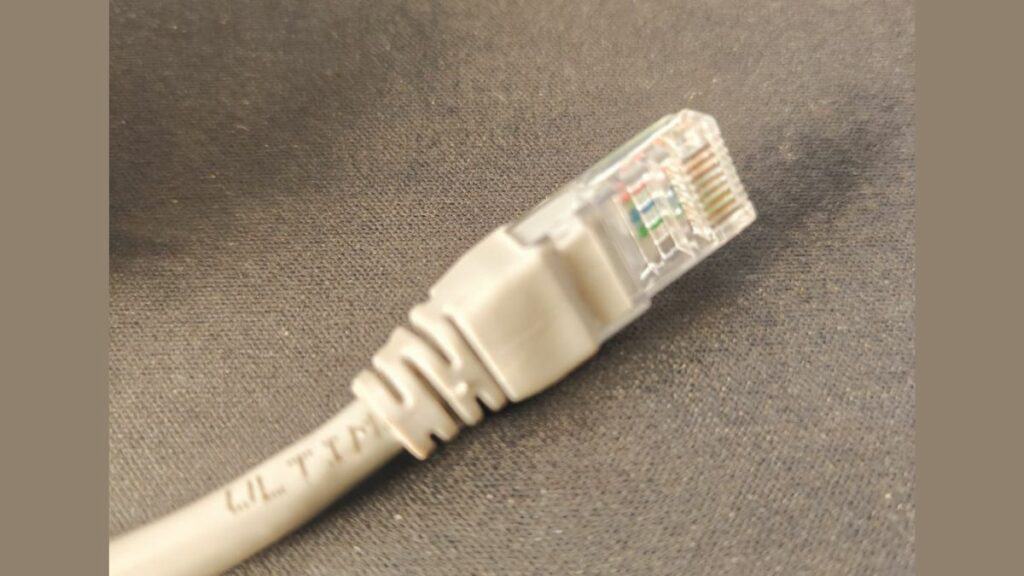
Step
Check if it’s working
When all the cables are in place, check if the internet is working on your device.
What happens when I plug an ethernet cable into WiFi extender?
Pairing your device with a Wi-Fi extender via an Ethernet cable can unlock a host of benefits:
Steadfast and Dependable Connection
Ethernet connections typically outshine Wi-Fi connections in terms of stability and reliability. They stand resilient against interference from other devices on your wireless network, ensuring a steady flow of data packets.
Accelerated Speeds
Ethernet connections can deliver internet speeds that outpace those of Wi-Fi connections. This speed boost is particularly advantageous for high-bandwidth activities, such as online gaming or streaming HD videos on your Smart TV or gaming PC.
Minimized Latency
Ethernet connections can significantly slash latency or lag, paving the way for a smoother and more responsive online experience. This is crucial when every millisecond counts, such as during a dynamic routing setup or when downloading large files.
Enhanced Security
Wired connections, like those provided by an Ethernet or coaxial cable, offer an added layer of security. They are less prone to unauthorized access or hacking compared to wireless connections, safeguarding your network.
Remember to check your network name (SSID) and ensure your nodes are correctly configured for the best results.
Frequently Asked Questions
Read on to find answers to the most frequently asked questions and gain a better understanding of how Ethernet cables can be used with Wi-Fi extenders.
Can I use multiple Ethernet cables with one WiFi extender?
You can use multiple Ethernet cables with a Wi-Fi extender if it has multiple Ethernet ports. This allows you to connect multiple devices directly to the extender using wired connections for a more reliable and secure internet experience.
Can you plug an ethernet cable into a wifi extender?
Yes, you can connect an ethernet cable to a WiFi extender if the extender has an ethernet port. If you are yet to buy an extender, we recommend getting WiFi extenders with
Conclusion
Wi-Fi extenders can not only improve your wireless connectivity but also allow you to connect devices using an Ethernet cable. This combination of wireless and wired connectivity can provide various benefits, including a more stable and faster internet connection. If you are yet to get a WiFi extender, then we recommend buying the ones that have Ethernet ports on them.

